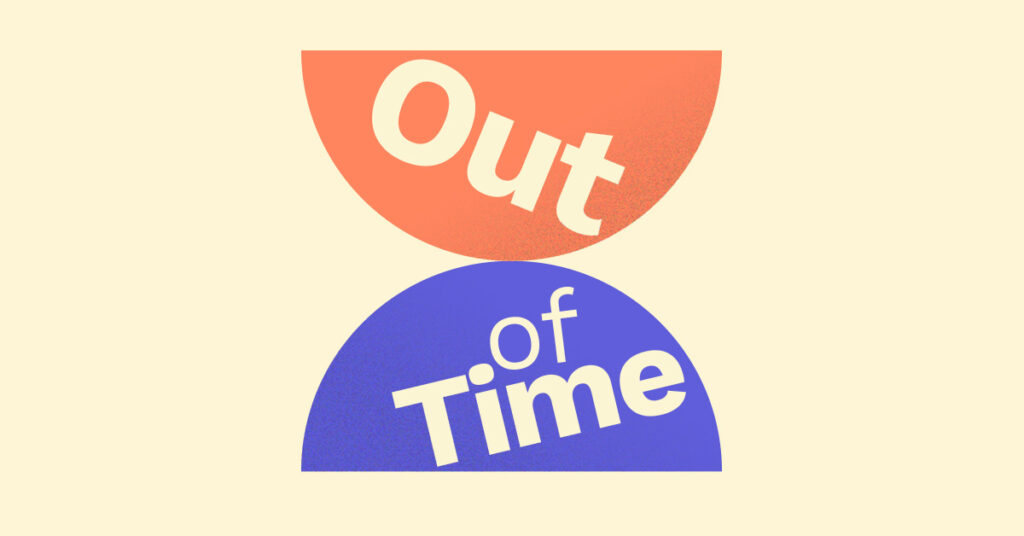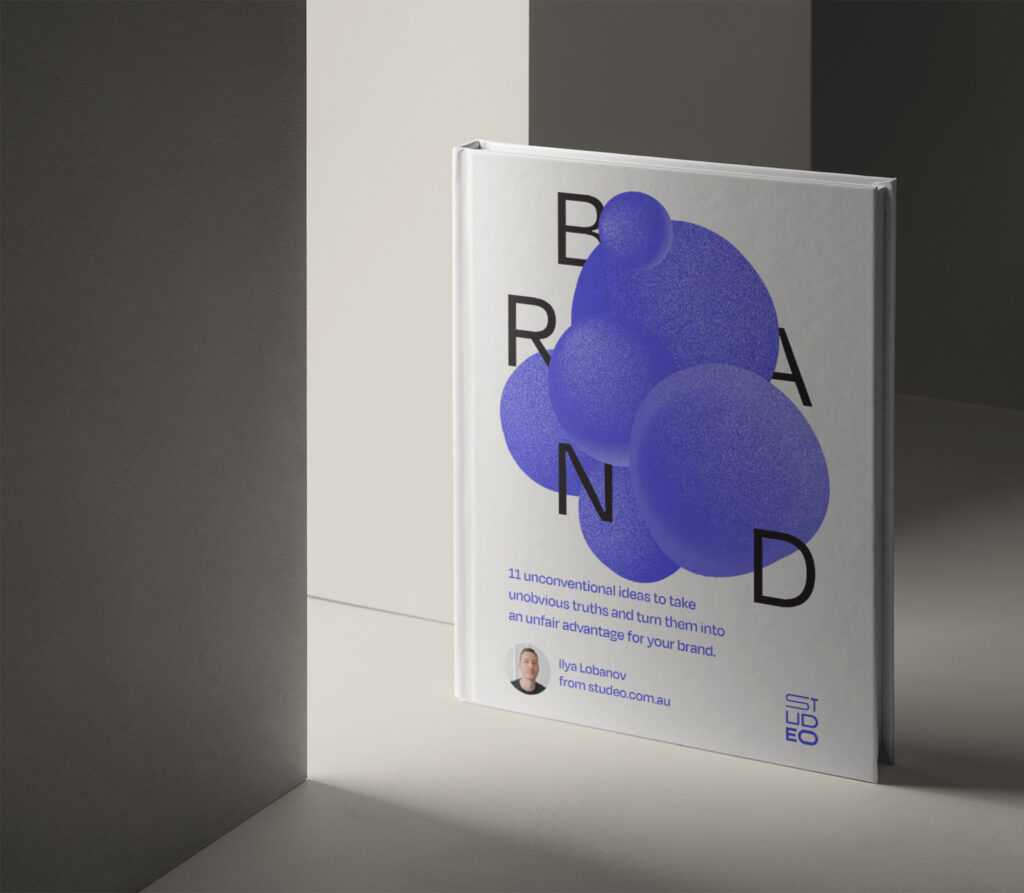Deadlines are Not Making Us More Creative

If you are creative and have worked professionally in some capacity, chances are you would have been exposed to deadlines. They are part of the job, right?
Today I want to explore just how compatible deadlines and creativity are. In other words – are deadlines helpful or detrimental to your ability to be creative. Research from Harvard University suggests that creativity needs enough time to breathe – otherwise, you’re just doing busywork.
My own experience with deadlines
My curious personality and my tolerant upbringing have taught me to be quite diplomatic about most things. So even when it comes to deadlines I still tend to believe in a healthy balance.
When I started working as a graphic designer I used to loathe deadlines. It came down to me being excluded from the decision making process. Clients would set arbitrary deadlines because they didn’t understand the process. Managers would happily agree with set deadlines to win the project.
And as we know the buck stopped with the graphic designer, who had to adhere to often unrealistic and nonsensical deadlines. The quality of the final output suffered. Things were rushed.
I recall working with a seasoned Senior Designer who was forced to produce a label design within a couple of hours. The result was 200,000 labels printed for a product distributed across Coles and Woolworths stores in Queensland, with a typo.
Even creativity needs a process to follow
I am a big believer in process and systems. They exist to make production more efficient, output more predictable and quality more consistent.
Creativity is a process of coming up with original ideas. And while many believe creativity to be a dark art, just like any endeavour, it has a set of steps that enable us to come up with original ideas and create something new, more consistently.
Typically, with creativity, there are several often overlooked, but critical steps. Such as the initial research phase, as well as an idea incubation phase. These phases enable creatives to generate ideas that have merit in the real world, that are practical, effective and have been proofed internally. So that they are as strong as they can be.
Unfortunately, when arbitrary deadlines are set, it leaves little time for these phases. That can significantly reduce the effectiveness of generated ideas. But more importantly, it can hinder creativity altogether.
Science suggests high time pressure hinders creativity
Professor Teresa Amabile from Harvard University decided to examine the relationship between creativity and deadlines in the workplace. In her study, she asked subjects to keep workplace diaries over some time.
Interestingly, what the research showed is that people did tend to feel productive and generally quite creative on the days when there was significant time pressure. However based on the recorded diaries, they were a lot less likely to actually generate any creative ideas or solve problems on those days.
The research found that people were, in fact, most creative when they were under low to moderate time pressure.
Needlessly tight deadlines cut off time for research and incubation phases, which are necessary for creativity. Drastically diminishing a person’s ability to innovate and solve problems creatively.
Maybe we should all just chill out?
There is more to deadlines than simply cutting off time to necessary steps of a creative process. Severe time pressure can cause stress and anxiety.
Anxiety causes us to narrow our attention to help us focus our efforts towards avoiding a potential threat. This naturally hinders our creativity, as creativity is all about widening our focus and connecting unrelated concepts and ideas.
Relaxation is the opposite of anxiety – it increases our ability to digest large amounts of information and connect concepts to solve a problem.
Further into my career, when I started working for busy agencies, I recognised that the ongoing time pressures and expectations to deliver innovative projects was not sustainable.
I developed a simple habit. Every lunchtime I made a point to go for a brisk 30min walk. That has consistently helped me to relax and set myself up for creativity all over again.
What if deadlines are unavoidable?
As I’ve written at the top of the article, deadlines were not my friend when I was a young designer. But that was only true when it came to those deadlines set by my managers or clients, which are felt were not based on real-life considerations.
When I worked autonomously or as a freelancer, I found setting goals and accurate deadlines actually stopped me from procrastinating.
But the key was planning the deadlines with realistic and achievable timeframes. It also helped to understand why a deadline is important.
If a deadline is unavoidable, understanding the reason for the urgency helps to counteract the effects of time pressure. It won’t help you gain more time to be creative, but it will help you become less frustrated as you will feel like part of a solution.
As I gained more experience and confidence as a designer, I started showing up to more and more meetings with clients and managers and thus being more involved in the process.
If a deadline is unavoidable, find a way to find a mission and reason for the urgency.
So if you’re a designer educate your client or manager about the effect of time pressure on creativity. Find out if they can share the mission and reasons for the unavoidable deadlines so that you can feel more involved and engaged in your work.
Key takeaways
My biggest pet peeve is still arbitrary deadlines. That is, a client or manager placing a deadline on a project or task without any previous experience with such a project. Or any basis of how much time is typically required to produce an effective result.
So the best thing a client or a manager can do is avoid tight deadlines for creative projects. Alternatively, help designers understand the meaning of their work. Involving the affected team members in the decision-making process can help creativity flourish more freely than if there is no sense of a mission.
If you’re a designer I’d love to hear about your experience with deadlines. If you’re a manager or a small business owner I suggest you evaluate whether your set deadline is feasible and has a genuine reason to exist. Or speak to someone more experienced with these tasks, to understand realistic timeframes. So you can plan and schedule tasks like a boss!
Did you enjoy this article?
If you enjoyed reading this article, consider signing up to the Studeo Insider and receive more insights like this one. If you know someone who might enjoy this article, please share it.
